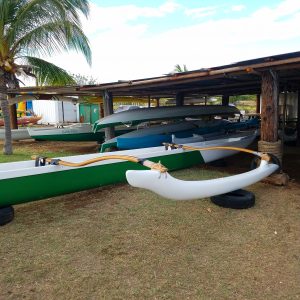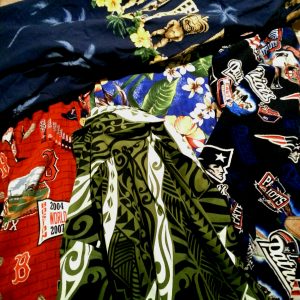I’ve had some trouble with delineating the roles in my life lately. I’ve always considered myself to have a variety of different personalities I can tap into – I initially come of as clean-cut, if not preppy, but my music interests lay primarily in heavy metal – very much at odds with my appearance. When on travel assignments, I have often heard I give an initial impression of reserved and quiet – but it doesn’t take long to learn that is far from the truth. For short periods, I have abandoned my clean-cut look for a shaved head and heavy goatee, which has served me well in scaring off tourists in Hawaii and has lead to fun nights blending into the crowd at biker bars in Maine.
I think we all have some multiple personalities within us that can come into conflict at times. I recently have experienced that conflict coming to blows between my personal and professional life… at least internally.
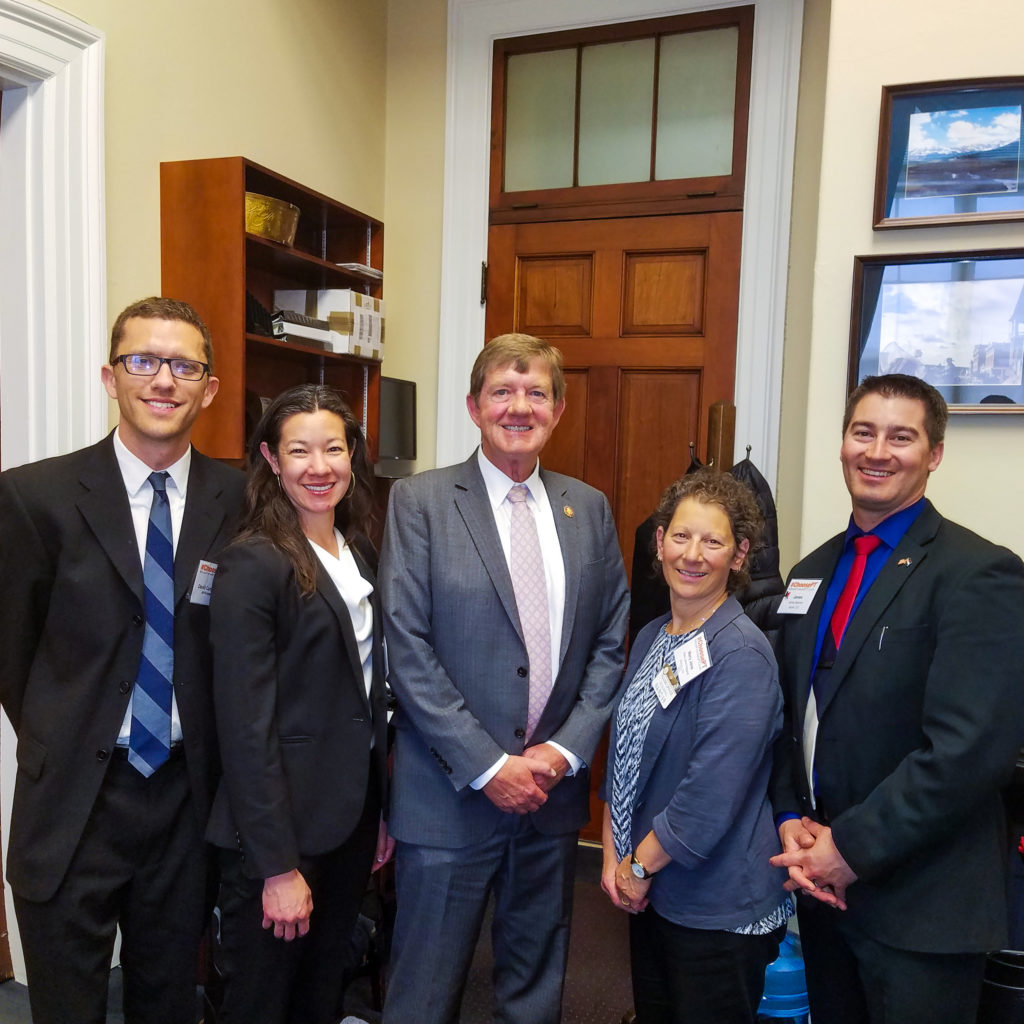
My Congressional Representative and I have very different views of our world. We disagree on most topics. I find him extreme in one direction, he would likely find me extreme in the other. Our district in Colorado, that I live in and he is elected from, is large and divided in its politics. I don’t think it’s moderate, but all the different extremes exist within it. I feel he should vote more moderately as to represent the average of his district, after all, he was re-elected with only 51.5% of the vote in the last election, hardly a landslide.
While my representative and I disagree on many topics, our lives and common opinions seem to be intersecting on one particular topic – the opioid crisis.
I currently serve as the Federal Affairs Liaison for the Academy of Orthopaedic Physical Therapist within APTA. Simply, this means I keep on top of the legislative issues affecting physical therapist and report back to the Orthopaedic Board. It also means I attend the annual Federal Advocacy Forum, put on by APTA, to meet with our Representatives and Senators in order to advocate for the bills and topics that will benefit PTs and our patients.
In the past couple years, APTA has targeted the opioid crisis. Afterall, Physical Therapists are positioned uniquely to help in reducing the amount of pain pills that need to be prescribed. We have extensive skills in decreasing pain (through exercise, manual therapy, and modalities), we are often the alternative to surgery or injection, and we do not prescribe medications. Every study I am aware of shows our ability to decrease the overall cost of a musculoskeletal injury in contrast to surgery or medication. A big part of Federal Advocacy Forum is PTs educating legislators on what it is we do in our daily work and how our skills can best be used to improve the lives of their constituents.
My Representative has championed responses to the Opioid Crisis and done a good job with it. We may not agree on much, but we agree on addressing the problems that have lead to Americans’ dependence on opioid medications to “fix” their pain or feed their addiction.
I have met with my Representative’s staff over the past couple of years, and very briefly with him. It’s an interesting exercise in burying my personal politics and focusing on what the priorities are for the Physical Therapy profession. I have heard other PTs at the Advocacy Forum ask about this conflict – personal politics vs professional role. The answer is always, simply, you put your personal politics aside for this role – but what about all the other days of the year outside of the Forum?
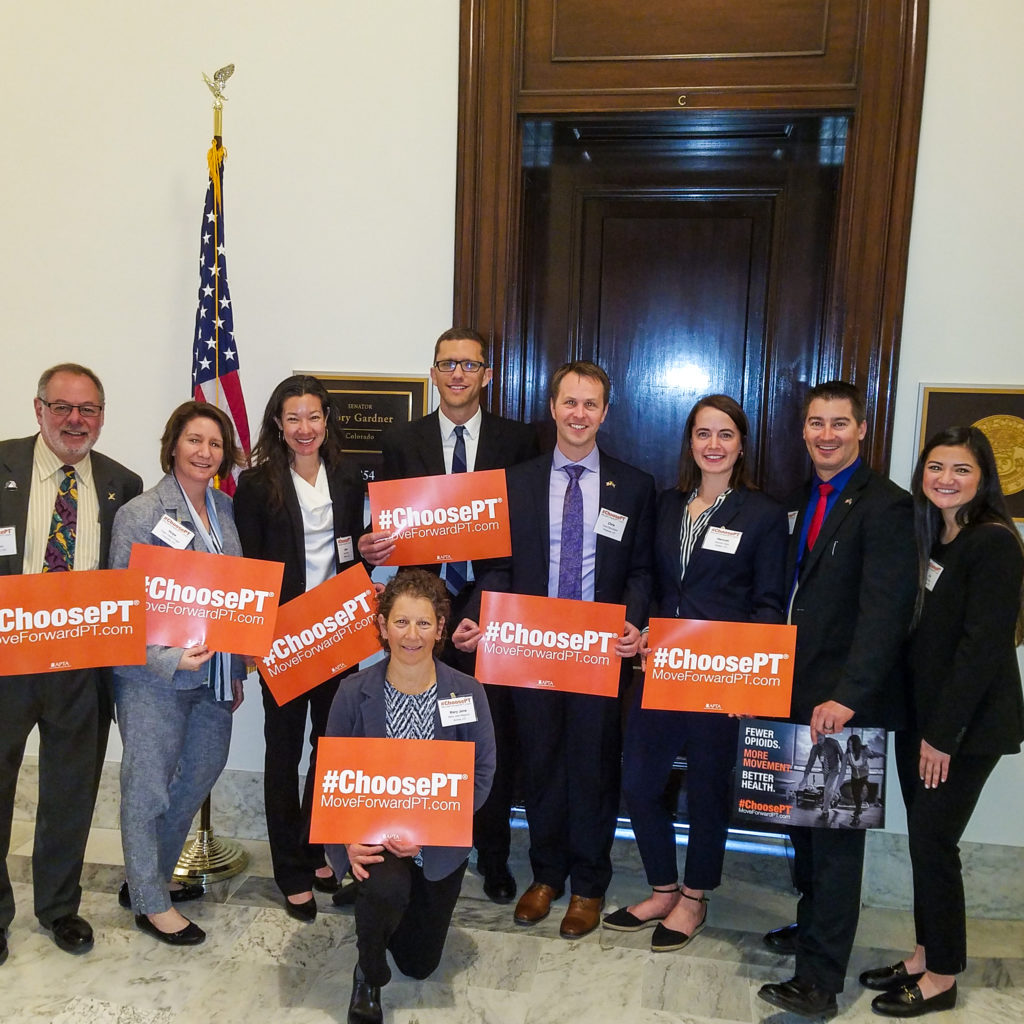
For 3 days per year, at APTA’s Federal Advocacy Forum, I try to be the consummate professional advocating my my profession, my patients, and their causes. However, I only found myself in this role because of my interest in politics and policy. Obviously, I have some deep, deep disagreements with my Representative. How do I reconcile that? I see a scenario where I could end up at a fundraiser for him, funding his re-election through my professional priorities, all-the-while biting my tongue and trying to get everyone I know to vote against him. I’m having a hard time putting this internal conflict to rest.
PT-PAC raises money to contribute to candidates who are supporting PT-friendly legislation. One PT I know, deeply entrenched in these positions and topics, stopped his donations to PT-PAC. He felt his personal politics were so greatly at odds with some of the candidates PT-PAC was supporting, that he could not be involved. I get it – my representative is a personal foe, but a friend of the profession. Where do we draw the line? To what extent do I let my professional roles define me? I often feel strongly about large societal issues and want to act to improve them. But, often, I think I’m just tricking myself into believing I can have an effect – do I completely abandon those large societal topics for the professional priorities that I am actually in a position to affect through face-to-face conversations with my Congressional Representative? Uhg, I think so.
In a different position, I participate in APTA’s House of Delegates as the Delegate for Western Colorado (quite similar to the chunk of geography my Congressman represents). The House of Delegates is a meeting held each year to develop the policies for APTA, and therefor, the profession. Some of the topics are meaty and contentious, while others are snoozers for me. Luckily, there are over 400 Delegates representing every state and specialty area in PT. Someone in that group has a passion an expertise for every topic that is discussed.
I was at a PT conference earlier this year and ended up in a conversation with a longtime PT leader that I respected. We were casually chatting, and with legislative issues and House of Delegates topics on my mind, I asked him a question: “What are the topics we need to be taking on today to make sure Physical Therapy is a thriving profession in the future?” It was like he had been waiting all night for someone to ask him that question…
This aging leader in our profession talked on-and-on about Physical Therapists’ effect on society and our need to speak out on a wide variety of issues external to our profession. That as highly educated professionals, we have a responsibility to drive not only our profession, but also our society, in the right direction to achieve their optimal health and wellbeing.
I don’t know how this guy did it, but he predicted the future. Maybe another 30 years in our professional association will give me the same foresight. The House of Delegates is taking on a large breadth of topics that are societal (political) in nature this year. The topics include Medical Marijuana, vaccinations, naloxone use in PT clinics, and gun violence. You often hear discussion around these topics about whether we should be taking them on at all, or if we need to re-focus on PT-specific topics.
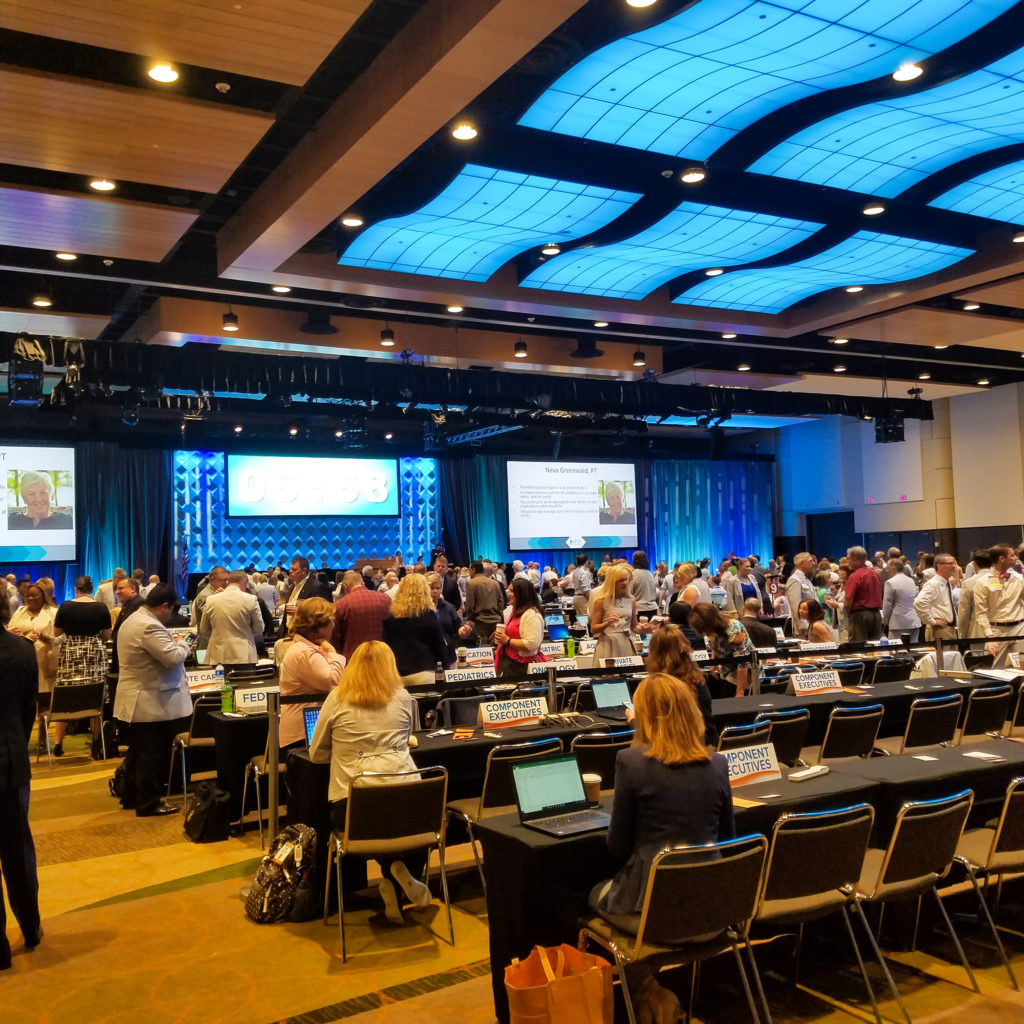
Within my Delegate and advocacy positions, I find a wild contradiction. In my position as a political advocate, I bury my personal beliefs to represent the priorities of APTA. In my Delegate position, I use my personal beliefs to help determine the priorities of APTA. To which extent do I rely on my personal experiences and values, and to what extent do I suppress my personal beliefs to act in a silo as a clinician-leader in my profession?
The most contentious of the House of Delegates motions this year is about gun control. I think it best articulates our involvement (or not) as a profession in social issues, and it illustrates my conflict between personal and professional priorities. The original idea for the motion is quite different from the current version because of collaboration between many PTs from different states and backgrounds. These motions can change and evolve up until the very moment they are passed or defeated. In my opinion, the current (June 1st, 2019) version of this motion is far less political than its original form. It does not advocate for any specific gun control, but would add APTA’s support to performing a CDC study on the health effects of gun violence.
At the outset of writing this blog, I wanted nothing to do with the House of Delegates’ motion concerning gun control, but after writing this out, I want to discuss this topic more. If you are an APTA member, you have access to all of the Delegate discussions leading up to the House. Also, if you are the rare bird who wants to be involved in it all, you can live-stream the house.
As someone who holds positions both in representing the priorities of the profession and determining the priorities of the profession, I’m curious where you think I should draw my line between personal and professional politics. Do I let my personal political beliefs shape the profession? Do I bury those personal beliefs to advocate more effectively for our profession? It all seems very complicated to me.
Links to info on all House of Delegates motions including gun control, House of Delegates motion discussions, and Federal Advocacy Forum. If these kinds of topics interest you, you should probably give to PT-PAC and contact me to get involved in this kind of stuff. Our profession needs more, opinionated clinicians who want to drive the future of PT.



